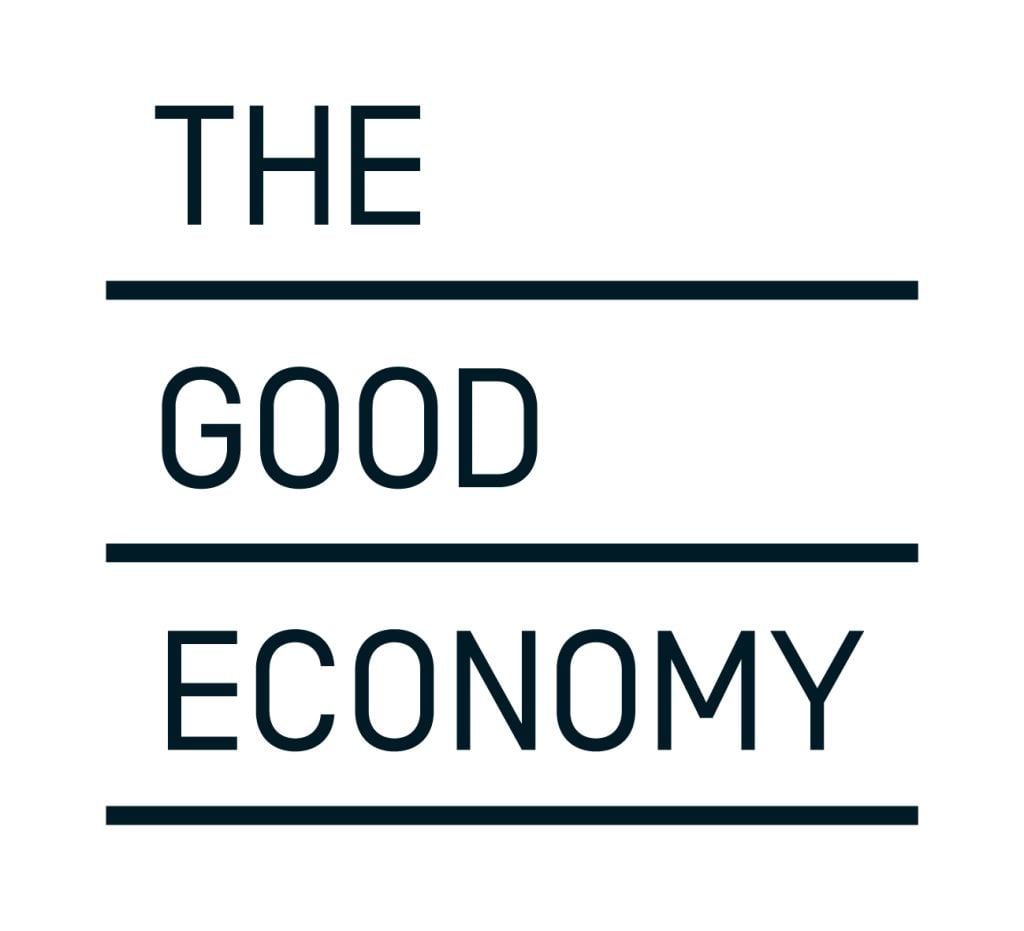How we are taking a unique and proven impact investing approach to the next level
Why social?
“We believe that investment to support positive social outcomes, through the targeting of more deprived populations, serves a net benefit for society”
At Columbia Threadneedle we believe that positive societal outcomes, such as health and well-being, correlate poorly with broad economic measures such as aggregate gross domestic product (GDP); in fact we have seen that “rich” or developed countries can be among the worst for social outcomes. The reason being that aggregate wealth is not a good predictor of outcomes, with the magnitude of wealth and income gaps within countries a particular problem.
The critical predictor of social outcomes for people is
inequality. Inequality is high across the world and at risk of deteriorating further: despite income inequality between countries improving, income inequality within countries is getting worse.1 Key systemic global events continually put this vulnerability in the spotlight: the Covid-19 pandemic, the war in Ukraine and the subsequent cost-of-living crisis. The most vulnerable in society are most adversely impacted.
Therefore we believe we can do more to advance net societal benefits by targeting deprivation and inequality as opposed to hopeful improvements in aggregate economic measures. Improved outcomes for the least well-off and more marginalised in society will mean improved outcomes such as better health, greater productivity, improved standards of living and less crime, which we believe net benefit not just the cohort targeted, but all society.
Why fixed income?
Bonds are a vast universe, easily the biggest asset class at more than $130 trillion in size,2 and the amount of new capital the market will raise in any one year is similarly big. For example, last year the public bond market raised $10 trillion in new capital, which is near 20x the size of the $0.5 trillion raised in new public equity. The scale owes to the broad spectrum of issuers, which includes government-related entities, supranationals, development banks, other non-profit organisations, education establishments, non-listed companies and listed companies. It is this ability to pull in both private and public capital funders that makes the bond market so well positioned to play a role in addressing social issues.
Figure 1: growth and breadth of the bond market
Source: Bloomberg and Columbia Threadneedle Investments as at 1 March 2023.
Why impact?
Figure 2: fundamental credit research – what our analysts consider at company level
Intentionality This is consistent with the principle of an impact
investment. This looks at the intention to have positive impact,
and how strong that intention is
Intensity This looks at multiple measures to gauge who and what
benefits from the outcomes:
Because of our social objectives we usually seek investment opportunities that target those areas that are more deprived or of more social need. Our social methodology is guided by an evidence-led approach because measuring social impact is more complex than measuring, for example, climate impact, which can be explicit in terms of a carbon measure.
In order to support the principle that impact investing is measurable, we partner with social experts who play a key role to review, advise and report on our impact.

Social partner
For the CT Global Social Bond strategy we partner with the Good Economy – highly credible, deeply experienced
impact advisors. Their role is to review, advise and monitor social impact via the independent Social Advisory Panel and produce an annual impact report. The panel, which will set the initial social targets and look to increase the social intensity over time, also includes social impact adviser Steward Redqueen.
Why global?
“It is a natural evolution to grow our opportunity set and deliver impact via an investment opportunity
set that is global”






